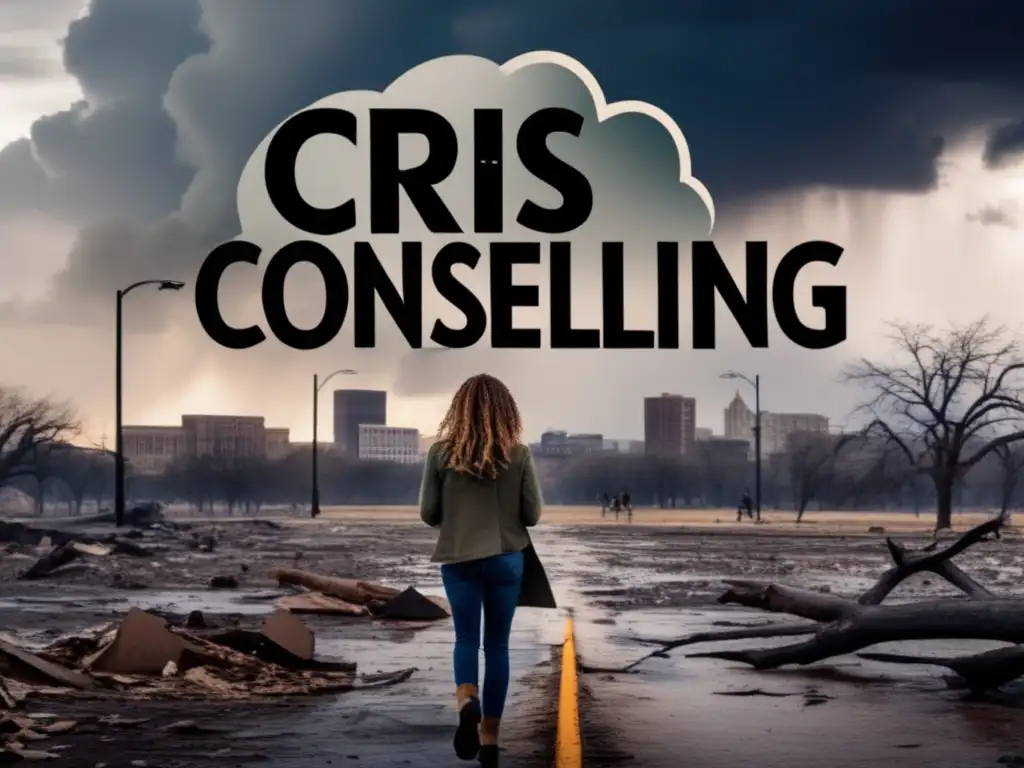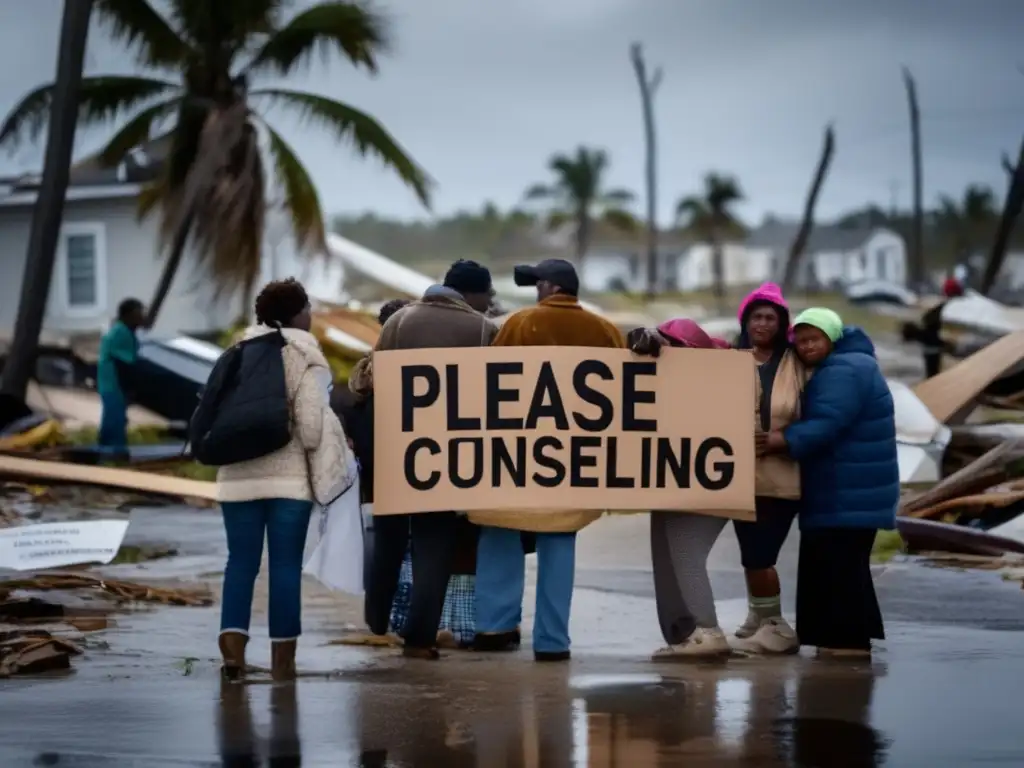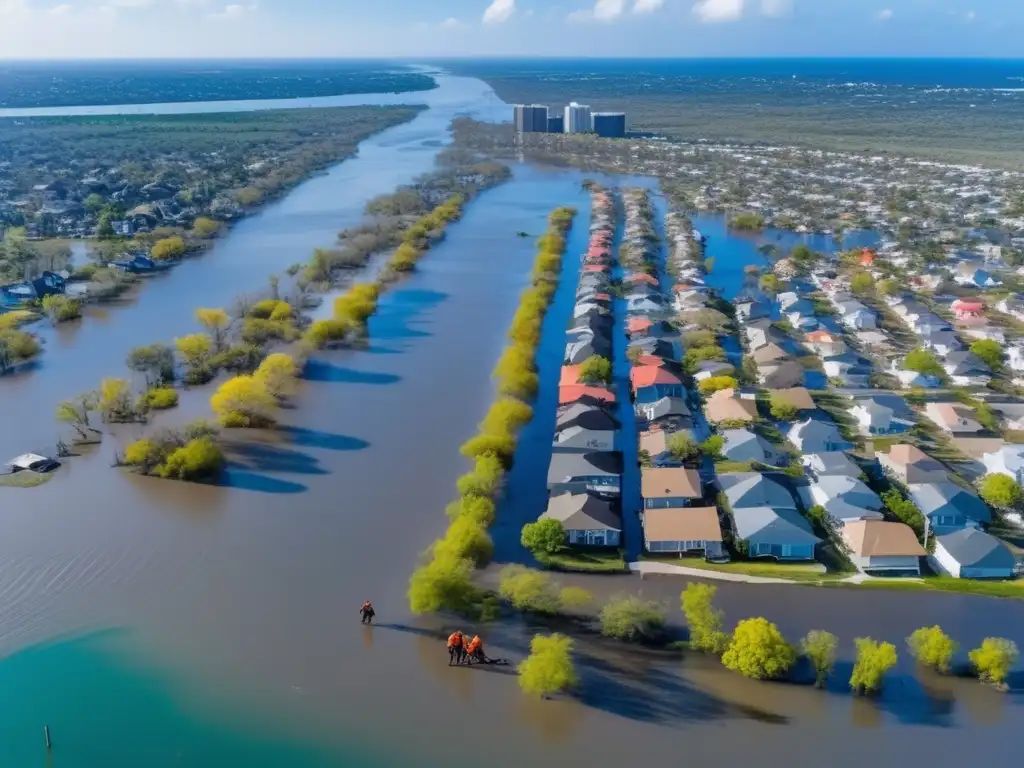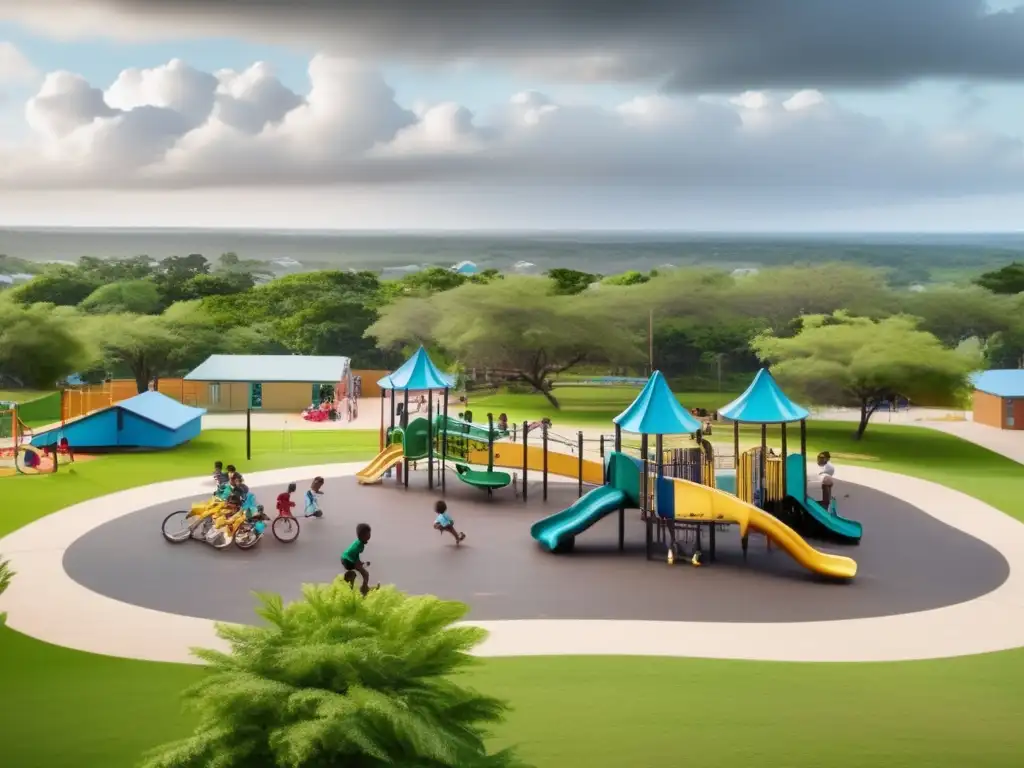Understanding And Accessing Crisis Counseling After A Hurricane

Understanding and Accessing Crisis Counseling After a Hurricane
Introduction
Hurricanes are not only devastating physically, but they can also leave lasting effects on the mental health of affected individuals. It is crucial to understand how to access crisis counseling services in the aftermath of a hurricane. The purpose of this article is to provide comprehensive information on understanding and accessing crisis counseling after a hurricane and why it is essential for those living in hurricane-prone areas and the general public.
The Importance of Crisis Counseling After a Hurricane

The Psychological Impact of a Hurricane
The impact of a hurricane goes beyond physical damage to homes, businesses, and infrastructure. Hurricanes can leave individuals experiencing a range of emotions such as anxiety, depression, grief, and stress. Some people may have experienced significant losses such as loved ones, pets, or their homes, leaving them feeling overwhelmed and helpless. Trauma can also result from experiencing the hurricane and its aftermath, leading to PTSD symptoms such as flashbacks and nightmares.
Crisis Counseling as a Form of Support
Following a hurricane, crisis counseling services are available to support individuals in coping with the aftermath. Crisis counseling serves as a form of psychological first aid. It provides individuals with emotional support, coping strategies, and referrals to other mental health services if necessary. Moreover, crisis counseling can help identify and address any immediate needs that individuals may have, such as housing or financial assistance.
Accessing Crisis Counseling Services
It is essential to know how to access crisis counseling services after a hurricane. Different organizations provide crisis counseling services, including the Federal Emergency Management Agency (FEMA), the Substance Abuse and Mental Health Services Administration (SAMHSA), and local mental health agencies. The National Disaster Distress Helpline is also an excellent resource for accessing crisis counseling services. It is a free and confidential hotline that provides 24/7 support to individuals experiencing emotional distress related to a disaster. The helpline has trained crisis counselors who can provide emotional support, crisis counseling, and referrals to local resources.
Coping Strategies for Emotional Distress After a Hurricane

Self-Care
One of the most crucial aspects of coping with emotional distress after a hurricane is self-care. Self-care involves taking care of yourself both mentally and physically. This includes getting enough sleep, eating well, exercising, and engaging in activities that you enjoy. Additionally, it is essential to take breaks from news and social media and spend time with loved ones and friends.
Seeking Support
One of the best ways to cope with emotional distress after a hurricane is by seeking support from friends, family members, or mental health professionals. Discussing your feelings with someone you trust can be helpful in processing your emotions. If you feel overwhelming sadness, anxiety, or depression, talking to a mental health professional can help you develop coping strategies and provide a safe place to express your feelings.
Engaging in Relaxation Techniques
Relaxation techniques such as deep breathing, meditation, and yoga can help reduce stress levels and provide emotional relief. These techniques can be practiced at any time and do not require special equipment. They are useful in promoting relaxation, reducing anxiety, and improving overall mental health.
FAQs

-
How can I access crisis counseling services after a hurricane?
You can access crisis counseling services through FEMA, SAMHSA, local mental health agencies, or the National Disaster Distress Helpline.
-
Is crisis counseling confidential?
Yes, crisis counseling is confidential, and mental health professionals are bound by ethical standards to keep your information private.
-
What can I expect during a crisis counseling session?
You can expect the crisis counselor to provide emotional support, discuss coping strategies, and provide referrals to other mental health services if necessary.
-
How long can I receive crisis counseling services?
The length of time you can receive crisis counseling services depends on your individual needs and situation. Crisis counseling services typically last up to several months, but there is no fixed timeline.
-
How much does crisis counseling cost?
Crisis counseling is typically free of charge for hurricane survivors and is covered by federal funding.
Conclusion
It is crucial to understand that a hurricane's impact goes beyond physical damage, as it can have lasting effects on an individual's mental health. Accessing crisis counseling services and utilizing coping strategies such as self-care, seeking support, and engaging in relaxation techniques can assist in the emotional healing process. Furthermore, it is essential to recognize that experiencing emotional distress after a hurricane is normal and seeking help does not indicate weakness. By accessing crisis counseling services, individuals can begin their journey of healing, leading to healthy and fulfilling lives.
Thank you for reading this article about Understanding and Accessing Crisis Counseling After a Hurricane, and we hope you found it helpful. Please feel free to share your thoughts in the comments section below and engage positively with hurricaneinsider.org. Don't forget to subscribe and share this article on social media to help us spread the word about the importance of accessing crisis counseling services after hurricanes.
Additional Resources

- SAMHSA's Disaster Distress Helpline
- FEMA's Crisis Counseling Assistance and Training Program
- American Psychological Association: Coping with Stress
 The Use Of Drones In Hurricane Damage Assessment
The Use Of Drones In Hurricane Damage Assessment Cleaning Up Public Spaces After A Hurricane
Cleaning Up Public Spaces After A Hurricane Creating Safe Play Spaces For Children Post-Hurricane
Creating Safe Play Spaces For Children Post-HurricaneIf you want to discover more articles similar to Understanding And Accessing Crisis Counseling After A Hurricane, you can visit the Hurricane recovery: category.
Leave a Reply

Articulos relacionados: